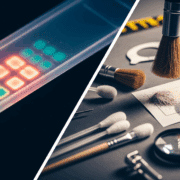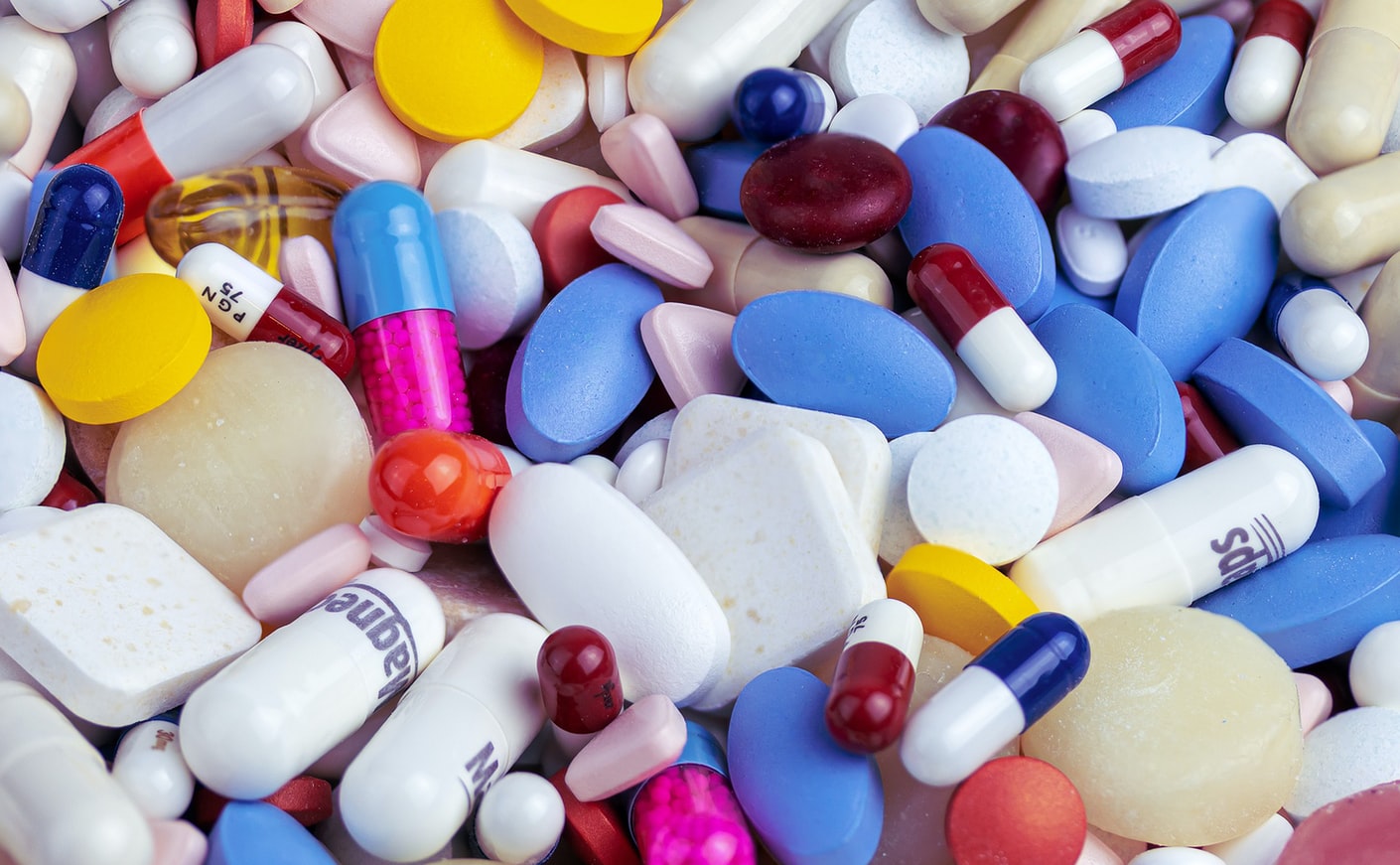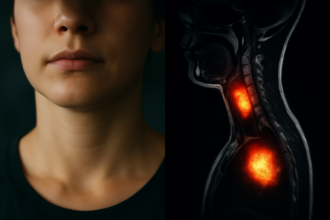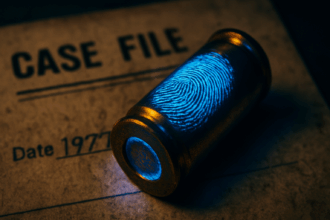Forensic scientists have for the first time shown that DNA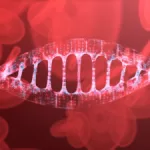 DNA, or Deoxyribonucleic Acid, is the genetic material found in cells, composed of a double helix structure. It serves as the genetic blueprint for all living organisms. Read Full Definition can be recovered from the surface of capsules after just 15 seconds of contact by drug manufacturers and dealers—making it possible for law enforcement agencies to track down criminal syndicates around the world.
DNA, or Deoxyribonucleic Acid, is the genetic material found in cells, composed of a double helix structure. It serves as the genetic blueprint for all living organisms. Read Full Definition can be recovered from the surface of capsules after just 15 seconds of contact by drug manufacturers and dealers—making it possible for law enforcement agencies to track down criminal syndicates around the world.
In a new study, published in Forensic Science International: Genetics, Flinders University researchers have demonstrated that DNA from criminals who may have handled the capsules during production, assembly and distribution of illegal drugs can be identified if matched to a profile of a suspect, or one already on a DNA database.
Ph.D. candidate Amy Griffin from the College of Science and Engineering says the DNA profiles can also be compared to those found on other capsules to potentially link various drug seizures around the world.
“This pilot study demonstrates the potential for laboratories to recover human DNA from the exterior surface of capsules which are commonly used to encase illicit drugs such as MDMA, enabling both biological and chemical profiling methods to contribute to the investigation of clandestine drug production.”
This study sampled the exterior of capsules after they had been handled in a controlled scenario to determine if informative DNA profiles could be generated from this brief contact. Two individuals of intermediate shedder status washed their hands and waited for 30 min before handling ten gelatine, vegetable, and enteric vegetable capsules each (n = 60). Contact was made for 15 s. Each capsule was swabbed and DNA isolated. The amount of recovered human DNA was quantified and profiled using the Verifiler Plus DNA profiling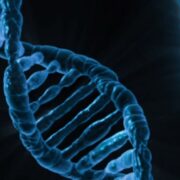
Profiles were generated from 82% (49/60) of capsules tested with LR values above 1 × 103 for the inclusion of the volunteer as a contributor. Inhibition of the PCR was detected in 24 of the 60 samples, however 16 of these still produced informative profiles when sufficient template DNA was available and only mild inhibition was detected, or by overcoming inhibition by dilution of the DNA extract.
“The ability to generate profiles from 82% of capsules highlights how valuable it could be for operational forensic laboratories to sample the exterior of pill capsules.”
“Our methodology is compatible with systems already implemented in DNA laboratories, which easily facilitates the examination of illicit drug capsules for DNA. With the baseline of DNA transfer established, further research is underway by us to investigate this application when capsules are handled in a more realistic scenario encountered in police work.”
The quantities of DNA recovered from the capsules ranged from 0.006 to 3.700 ng, with an average of 0.267 ng. DNA quantities varied within and between each volunteer and capsule type, however overall there was no significant difference between the quantities of DNA collected with the three types of capsules used.
Chair in Forensic DNA Technology, Professor Adrian Linacre, says the results will also highlight the potential to generate DNA profiles to upload to a criminal database to help identify other persons of interest in criminal syndicates.
“If an unidentifiable DNA profile is obtained, it may still be useful for intelligence-led policing as a ‘biological profile’ to potentially link or exclude various drug seizures as originating from the same source to complement and corroborate the findings of the chemical profile.”
The paper in Forensics Science International: Genetics is titled “DNA on drugs! A preliminary investigation of DNA deposition during the handling of illicit drug capsules.”
Paper Reference: Amy Griffin et al, DNA on drugs! A preliminary investigation of DNA deposition during the handling of illicit drug capsules, Forensic Science